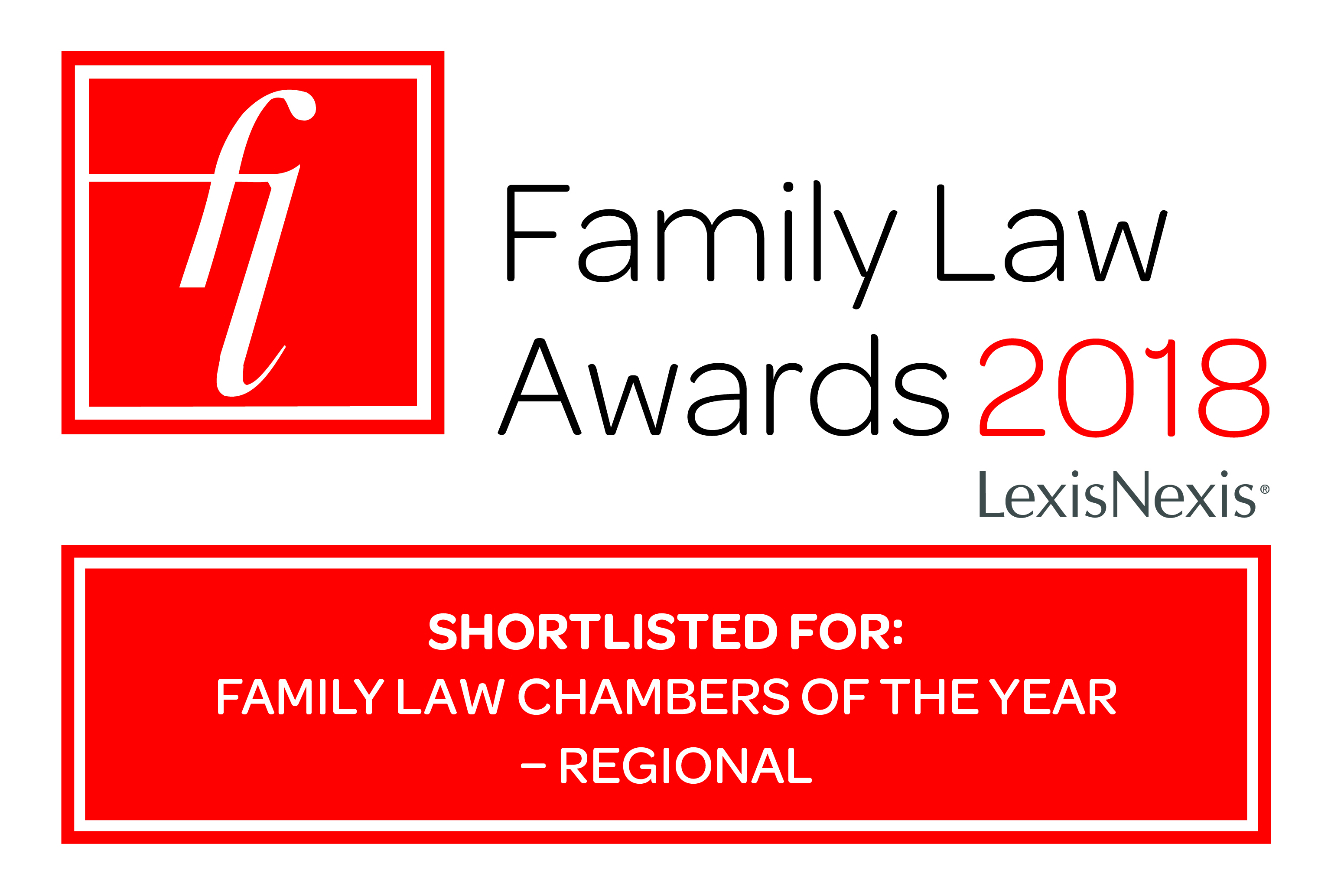“Top 5 Tips” By Mark Cooper
Here is an article from our latest Child Care Newsletter.
5 TOP TIPS
1. Local authorities seeking a placement order should file with the court:
a. the child’s permanence report; and
b. the agency decision maker’s record of decision,
because these documents contain important and informative analysis and reasoning.
It is poor practice not to do so. See Re S-F (A Child) 2017 EWCA Civ 964.
2. In A v Cornwall Council [2017] EWHC 842 QBD, a local authority was entitled to take the following matters into account when considering a parent’s contact with a child in its care, bearing in mind the impact of these views on the child’s development:
a. the parent’s blog and publicised opinions expressing views against abortion and homosexuality;
b. the strength of his views; and
c. whether he would tolerate any dissent from his son.
3. In cases involving injuries to children there are very often medical records compiled by many different professionals. Parents often dispute the accuracy of such records. The records amount to hearsay evidence. The civil rules on hearsay apply to family proceedings and the court will always want to analyse the cogency and weight of any hearsay evidence. However, a local authority is not able to call as a witness every nurse and doctor who has made a note in order to get the best evidence. The local authority should assess the manner in which it considered it could most efficiently, fairly and proportionately establish its case. See Westminster CC v M, F and H [2017] EWHC 518 (Fam).
4. Local authorities may arrange for a child subject to an interim care order to be vaccinated, against the express wishes of the child’s mother, provided that the local authority can demonstrate to the court that it is in the child’s best interests. See Barnet LBC v AL and 9 others [2017] EWHC 125 Fam.
5. Appeals: Remember, in private law cases, all appeals from a Circuit Judge are now made to a High Court Judge using Form FP161, rather than to the Court of Appeal. Guidance is given on Form FP202. However, in public law cases, all appeals from a Circuit Judge are still made to the Court of Appeal.
Mark Cooper, St Ives Child Care Team
To read the full newsletter, please click here






